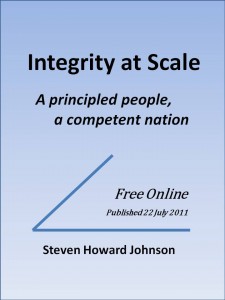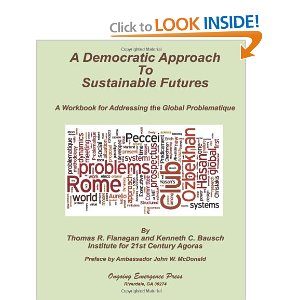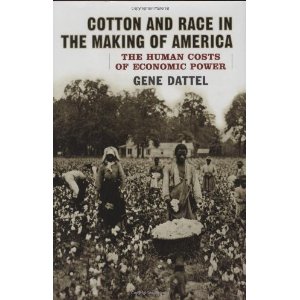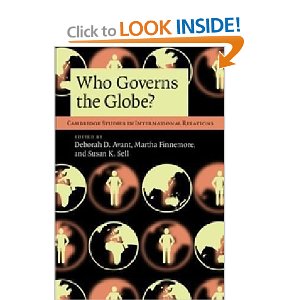
Recommended by Contributing Editor John Steiner
Chapters with Links Below the Line
Continue reading “Reference: Integrity at Scale Free Online Book”

Recommended by Contributing Editor John Steiner
Chapters with Links Below the Line
Continue reading “Reference: Integrity at Scale Free Online Book”

Thomas R. Flannagan, Kenneth C. Bausch
QUOTE (viii): This is the book to prepare for the messy multi-layered, multi-faceted, personal, political real world of applied activism.

Gene Dattel
5.0 out of 5 stars Now I Better Understand What It Was All About,June 10, 2010
By Richard P. Canon (Spartanburg, SC United States) – See all my reviews
Being a proud fifth-generation Southerner, I thought that I fully understood why the Civil War was fought. Most of my understanding was based upon the influence of society and culture within which I grew up. Although none of my family were flag flying Confederates, there was very much pride in being a Southerner and having ancestors who fought for the Confederacy.
After reading this book, I honestly believe that I better understand why the Southerners did what they did. Within my lifetime I have been told over and over that the war was fought over the issue of slavery. As this book shows, slavery was at the root of the war. The primary issue of the war, however, was pure economics.
Continue reading “Review (Guest): Cotton and Race in the Making of America”

“This path-breaking collaborative work illuminates complex social and political relationships that constitute governing authority in a changing world. New questions provoke deeper reflection than the term ‘global governance' typically stimulates. Specialists need to read this fine book, and so do students.” Louis W. Pauly, Canada Research Chair in Globalization and Governance, University of Toronto
“This volume makes and illustrates an important fact about global governance today: it isn't only or always the institutional form of actors – be they states, corporations, or NGOs – but their relationships with key constituencies and with one another that shape governance outcomes. Authority, the essence of governance, comes in many guises. I recommend this book highly.” John Gerard Ruggie, Harvard University
Academics and policymakers frequently discuss global governance but they treat governance as a structure or process, rarely considering who actually does the governing. This volume focuses on the agents of global governance: ‘global governors'. The global policy arena is filled with a wide variety of actors such as international organizations, corporations, professional associations, and advocacy groups, all seeking to ‘govern' activity surrounding their issues of concern. Who Governs the Globe? lays out a theoretical framework for understanding and investigating governors in world politics. It then applies this framework to various governors and policy arenas, including arms control, human rights, economic development, and global education. Edited by three of the world's leading international relations scholars, this is an important contribution that will be useful for courses, as well as for researchers in international studies and international organizations.
Conference: Who Governs the Globe?
November 16 & 17, 2007